The best third layer for mountaineering: how to choose the right one
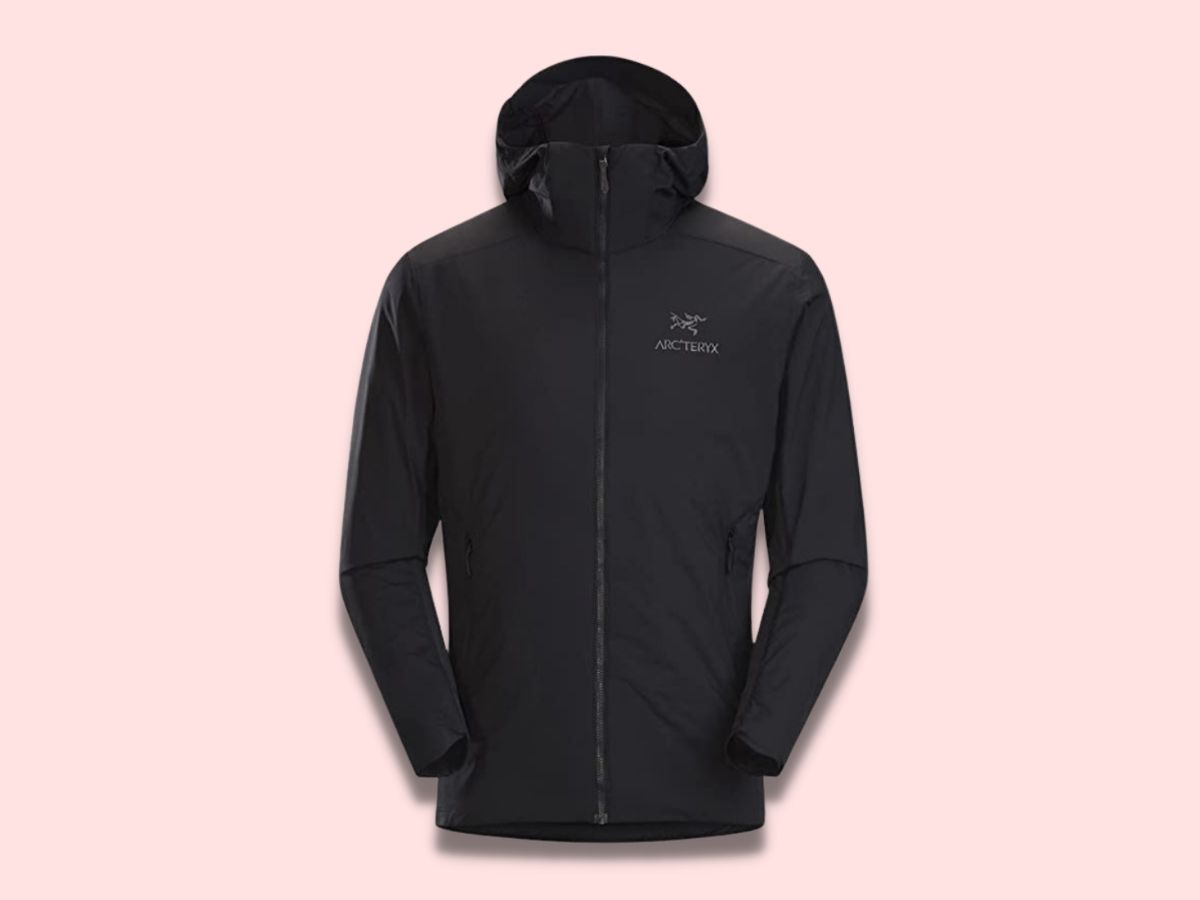
The garments used for mountain activities have evolved in recent times, as new materials, membranes and fabrics have appeared, and the needs of mountaineers and hikers have also changed. As a general rule, we still use the three-layer system (Click here for more information on the three-layer method.) when it comes to dressing for the outdoors, but we will clarify this aspect later on. In any case, the garments can still be classified into the following categories:
- The first or inner layerThe layer that is in contact with the skin. It is intended to keep the body dry.
- The second or intermediate layerrefers to those garments with heating capacity, i.e. their purpose is to keep the body warm.
- The third or outer layerThe purpose of the coat we are going to analyse below is to protect the body from rain, snow and wind. They are usually waterproof and breathable at the same time. It is a very important layer, as there is no point in wearing the best under layers if they are going to get wet in the rain.
However, it is worth mentioning that the development of the second layers has made them more and more versatile, and the third layers have a specific use depending on the weather conditions. Personally, I usually carry an ultra-light (thin) gore-tex jacket to be used only in case of rain. Midlayers have become layers 2.5 which provide warmth while protecting the body from moisture. Yet third layers are still a must in the wardrobes of those mountaineers who are not afraid of the weather. Here are the types of third layers you can find in shops.
Best technical mountaineering jacket: advice on how to choose.
Knowing the characteristics of the types of jackets you can find on the market makes it easier to choose one. However, you should not forget the activity you are going to do. In case you are walking at a slow pace in very cold and dry areas, a jacket with backfilling. If you run in the same place, you'll want to choose a hybrid jacket or a softshell. However, if it rains a lot in your training area without being too cold, an ultralight jacket will be the best option. Finally, if it's raining and cold at the same time, the more classic option will be the best choice; a traditional jacket with the hardshell will meet all your requirements. Today, third layers can be grouped into 5 types:
Hardshell
Today, due to the versatility of second layers, their use is limited to situations where weather conditions are very bad. These are classic jackets that are waterproof, breathable and windproof at the same time. It will be fitted with a waterproof and breathable fabric, such as the Gore Tex, TexTrem y TriplePoint. Breathability is an essential feature, otherwise you will end up drenched in sweat during intense activity and risk hypothermia.
[YOU MAY BE INTERESTED IN: Gore-tex Buying Guide (Active, Pro, Paclite, Infinium, Windstopper, etc.)] The first thing we associate with GORE-TEX is waterproofing, but did you know that it has a range of waterproofing products? GORE-TEX INFINIUM™. (white label) that aims for high performance in drier conditions? This new range joins the Original GORE-TEX (black label), where the performance lies in waterproofness and breathability. When choosing a GORE-TEX garment you need to consider the activity you are going to do and the weather conditions.
The variety of mountain jackets is very wide and so is the range of prices. We can find them for 650 euros as Haglöfs Roc Nordic Gtx Pro (Click to view) 356 euros, or at more affordable prices, such as the MILLET Kamet Light GTX (Click to view).
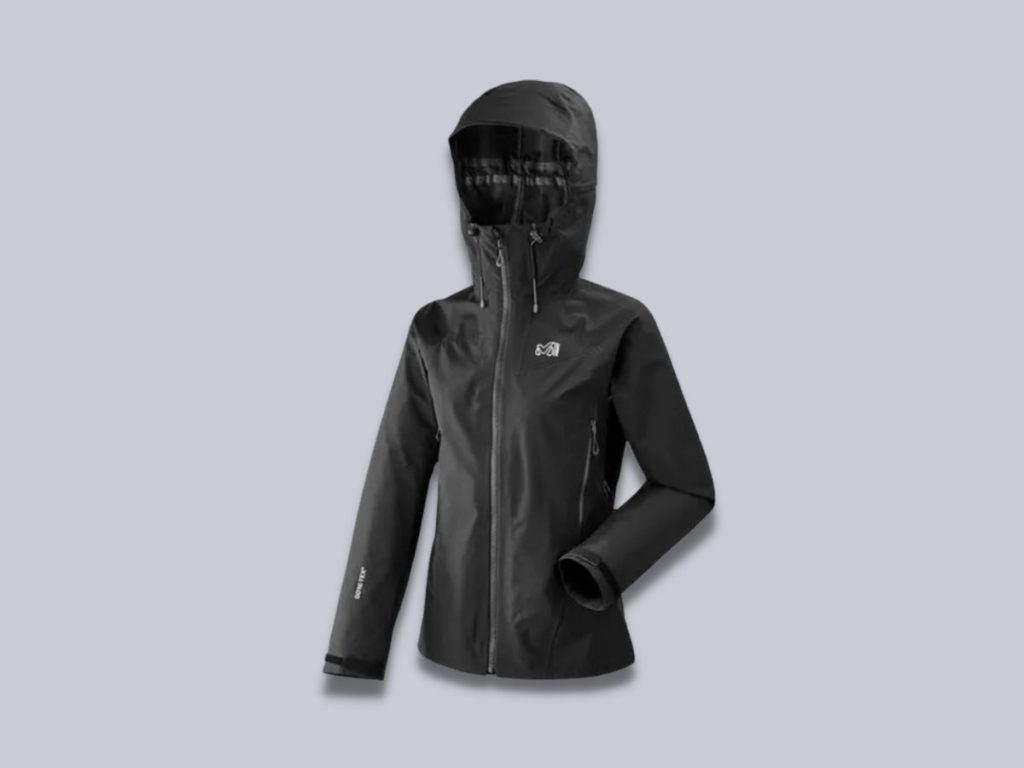
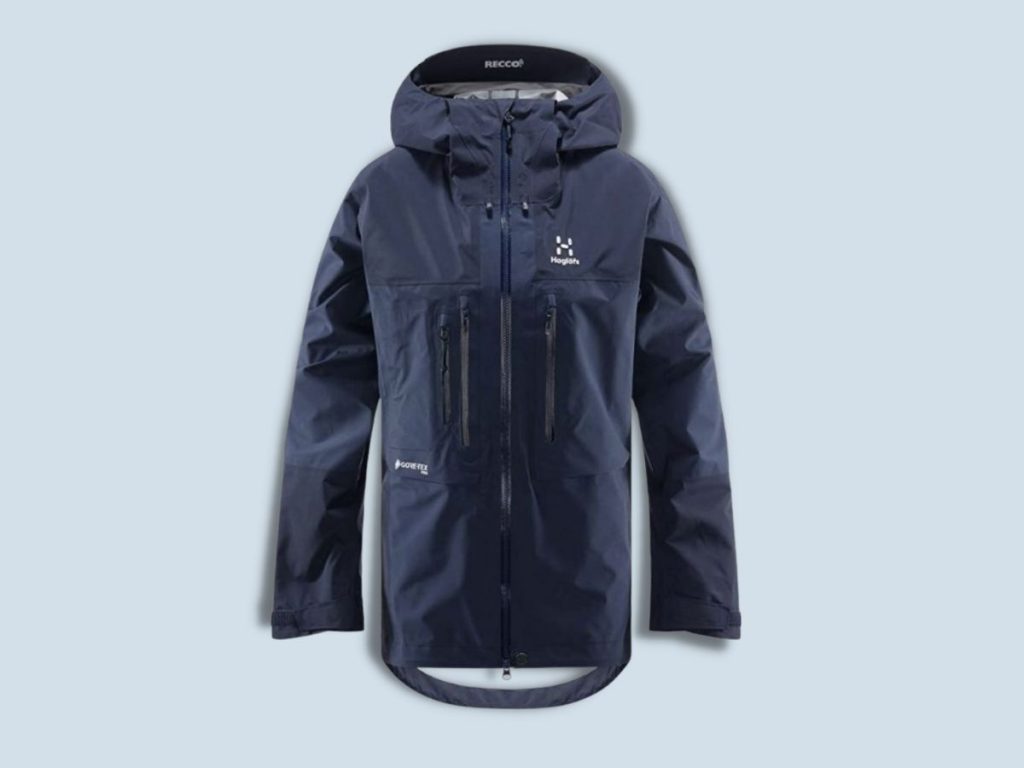
Softshell
This type of jacket is somewhere between a second and third layer. They are a very versatile and comfortable to wear, and are perfect for very cold days, but with little rain. Their warmth keeps the body warm, and their waterproofing is sufficient to repel light rain or not so wet snow. In this range you can find jackets that are more like a third layer, which are less warm but more water resistant.
One such jacket is the Arc'teryx Atom SL Hoody (Click here) or the Cascade Ridge II Softshell (get it here) from Columbia. Its good performance and value for money make it one of the most popular jackets among mountaineers.
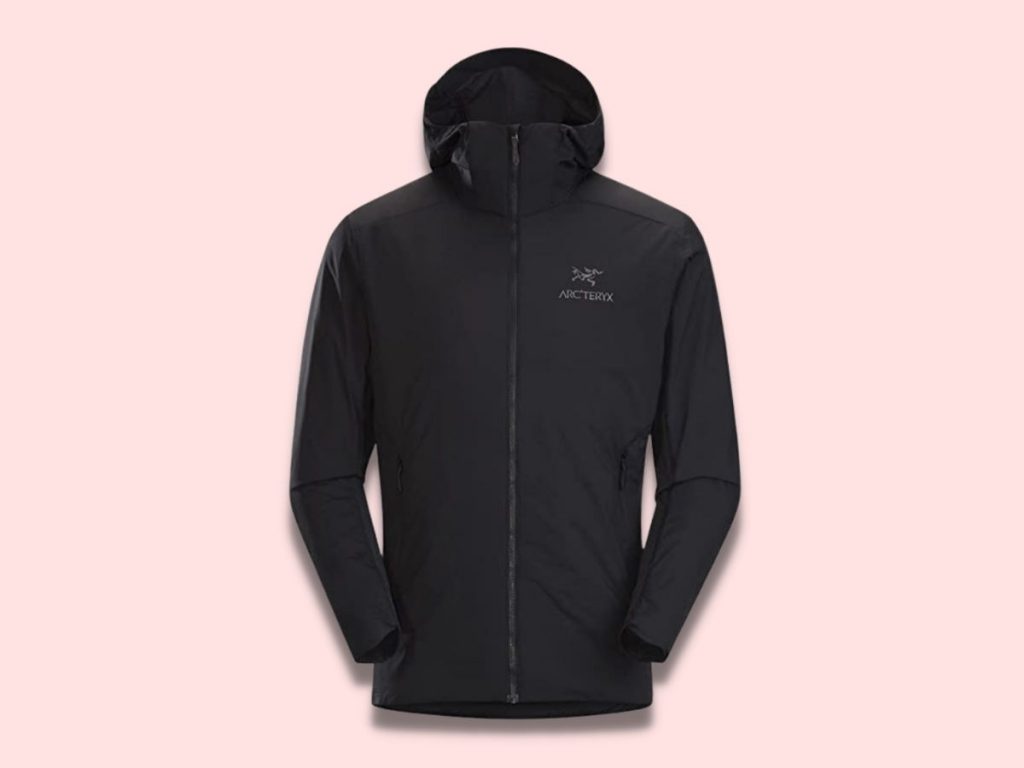
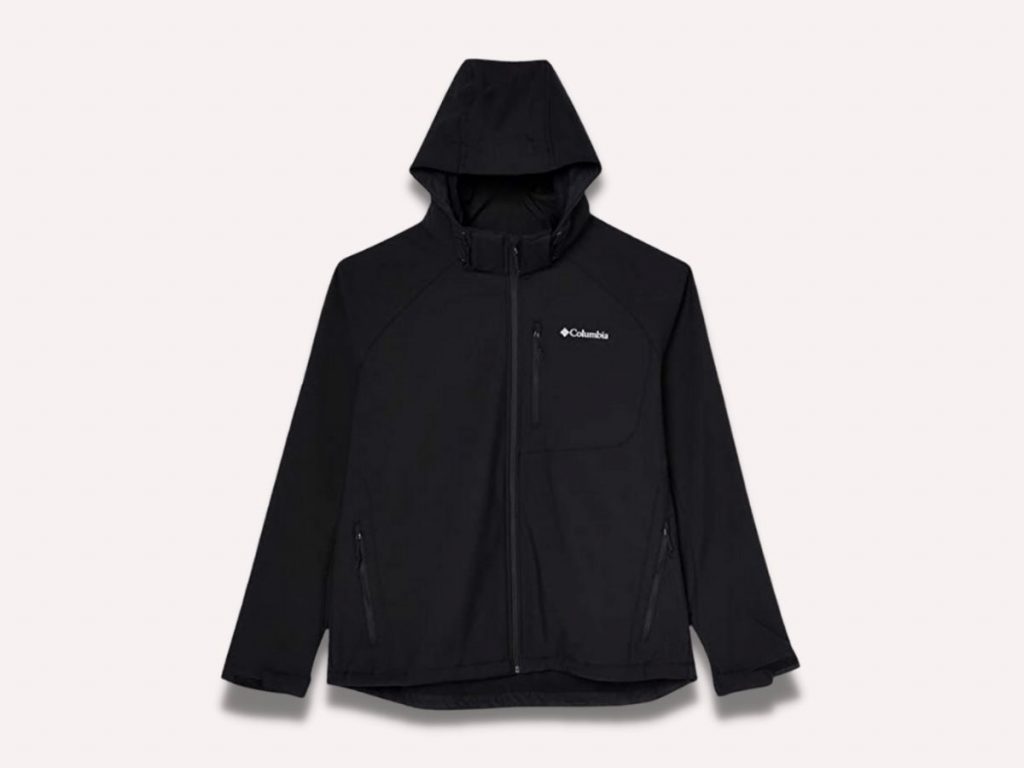
Hybrid Shells
These jackets use the hybrid system. The most exposed parts will be better prepared for waterproofing with the hardshell system; arms and shoulders, for example. However, the parts of the body that are more susceptible to the cold will be better protected with a thicker fabric.
One of the best hybrid jackets is the Hybrid Nanga by Millet (Click to view). It is a technical jacket ready to withstand all types of weather. The thicker layers are filled with feathers to protect the chest and head from the cold. However, the sleeves of the jacket are very waterproof.
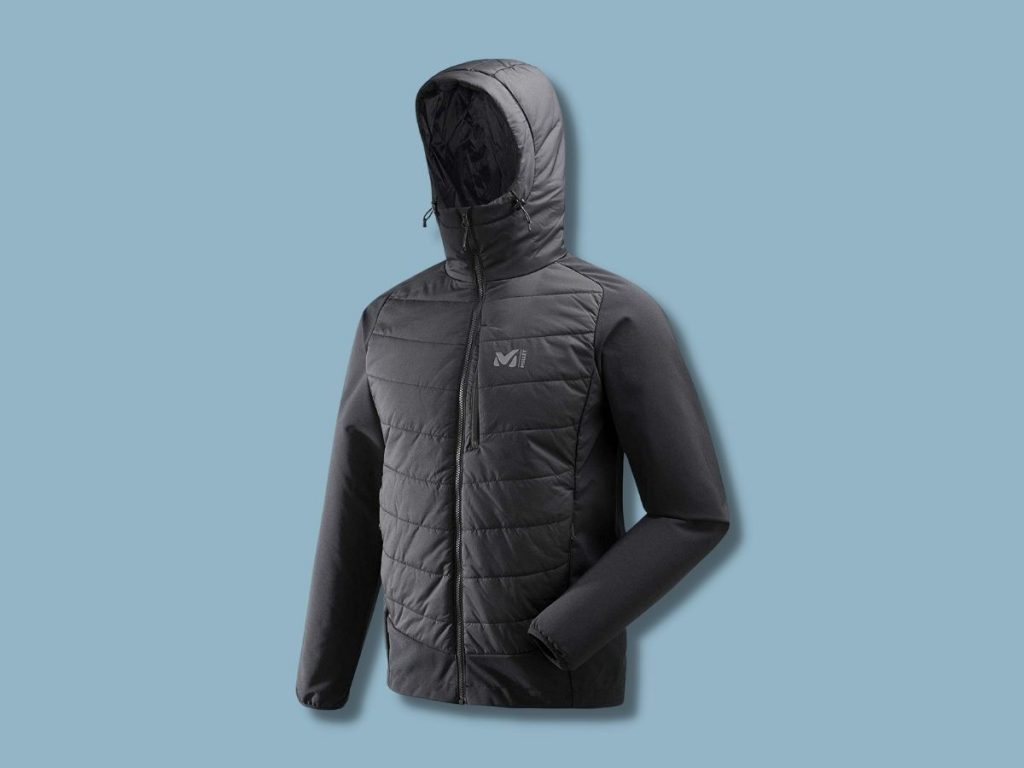
Ultralight
The ultra-light jackets take up little space in the backpack and are very easy to carry. They are very thin, which means that they don't bulge much. In principle, they are a complement to a mid-layer because these jackets do not provide much protection from the cold. On the contrary, they are completely waterproof. Their use is not limited to the winter season, as on rainy days in summer they do not overheat the body too much. They are a very good choice if you do high intensity activities without giving your body time to cool down.
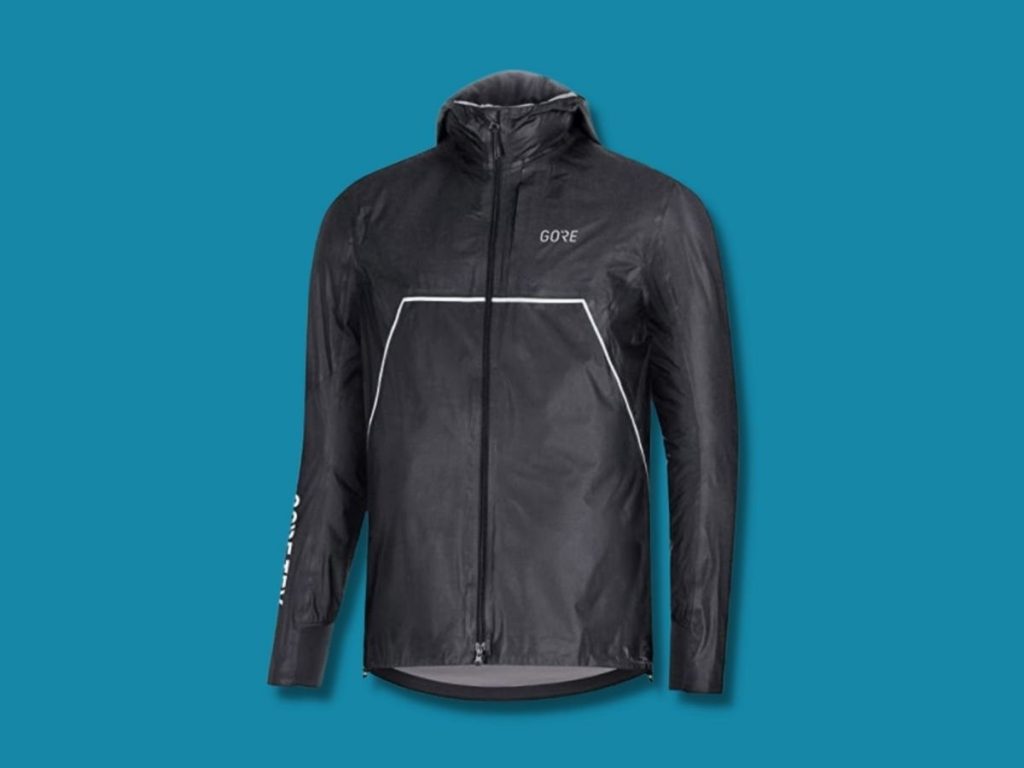
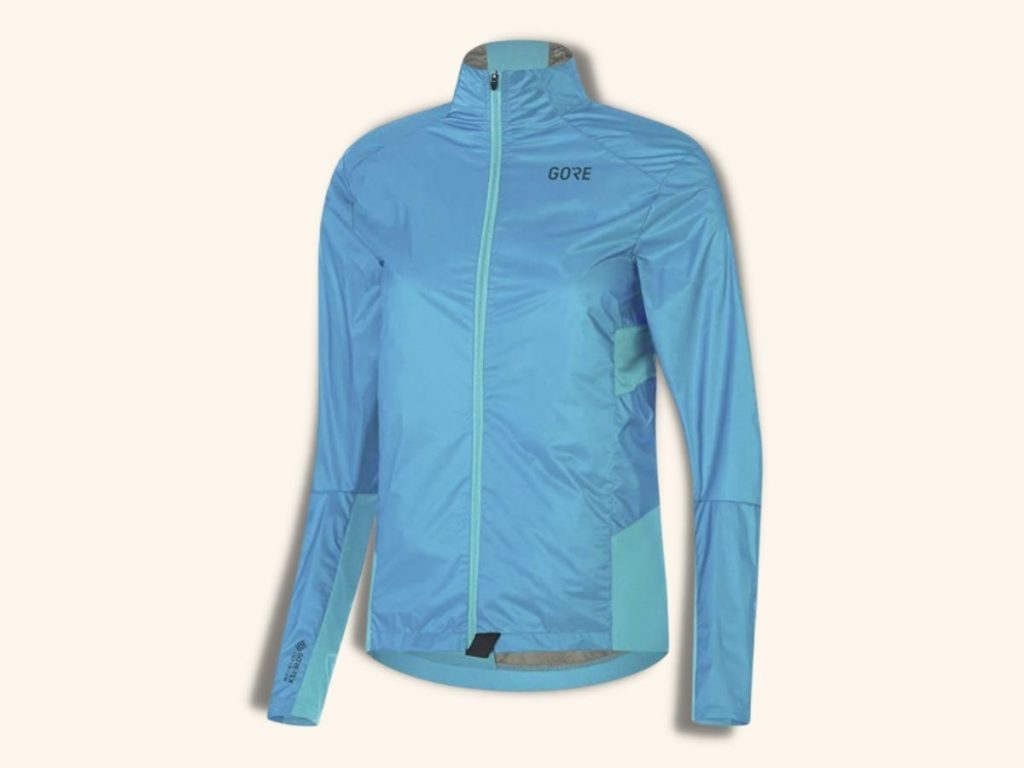
With padding
Jackets with padding are not very versatile. Adding a warm membrane to a waterproof jacket makes these jackets especially designed for extreme cold and extreme situations.
Lower body: protection and agility
For winter conditions there are trousers mackintoshes that you can use in extreme weather conditions. Thin trousers with a waterproof membrane that is also breathable. It is interesting that these trousers have zips that allow us to remove them and put them in the backpack when the conditions are not adverse. The model Berghaus Gore Tex Paclite Shell (From 123 euros on Amazon) is an example of this. However, if we are looking for a multi-purpose trousers we can go for the SALEWA Sesvenna WS (Click here to buy it)The second layer, highly durable, lightweight, flexible, windproof and waterproof, ideal for mountaineering or ski touring. They are more hybrid models between the second and third layer.
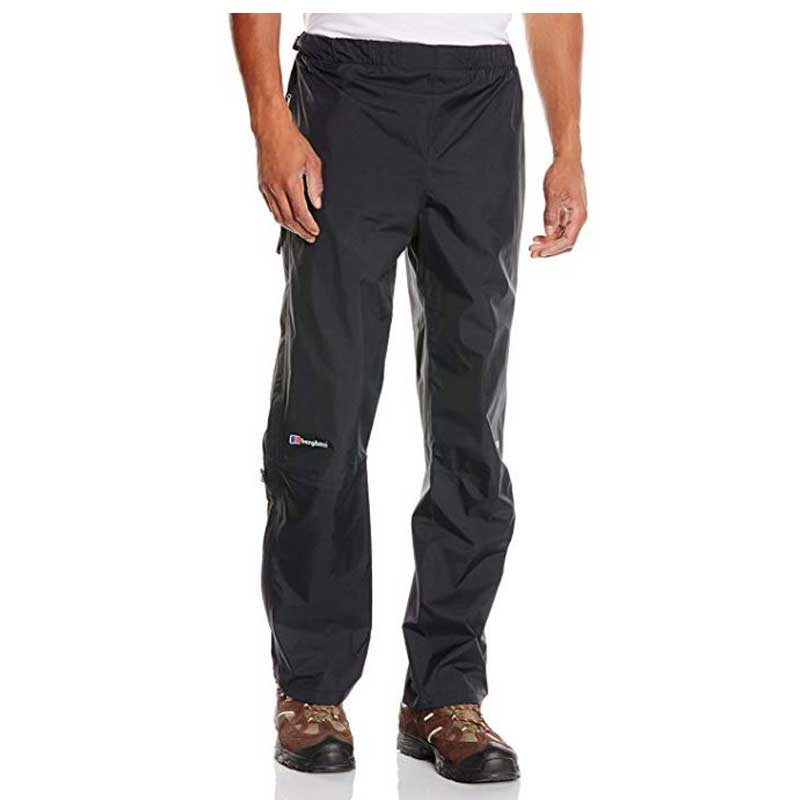
*All purchase prices included in this article are current as of 27/10/2021.
Fastpacking is not about going faster. It's about going lighter.
If you come from classic trekking, this is the next step: learning to move with less weight,
more fluid and enjoying every kilometre more.
Join the Outsiders Newsletter and start discovering what lightness feels like.
